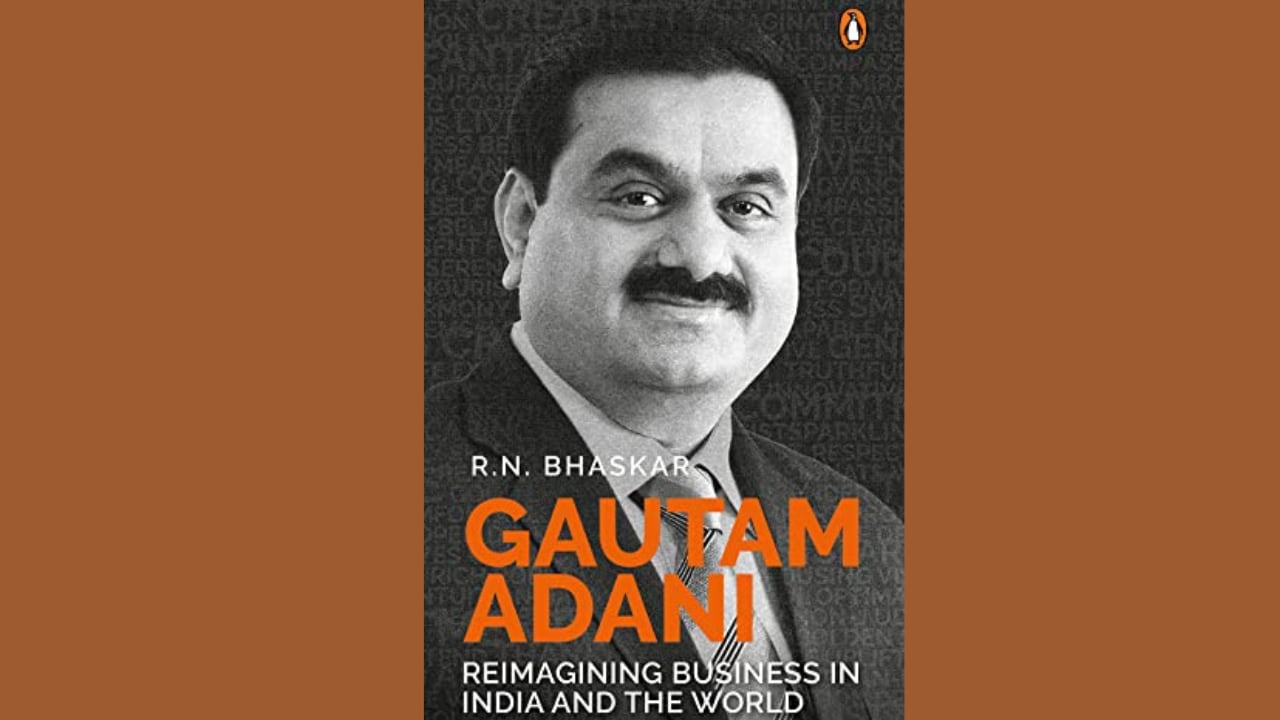Our Diwali edition of Bookstrapping brings you a celebratory book on Gautam Adani titled ‘Reimagining Business in India and The World’. No one can deny that the sheer force and pace of Adani’s work inspire every Indian. By powering India’s business narrative, he makes us believe that ‘we don’t need to be second to anyone anymore.’ Neither can we deny that Adani has both fans and detractors in equal measure.
Hence, my first urge was to know whether author R N Bhaskar has a personal window to the industrialist, or whether he is a dispassionate outsider writing a clinical biography. As you read the book, you will realise that he is the former. There are plenty of delightful nuggets in the book – let’s take a look at five of them.
1) Author R N Bhaskar quotes T S Eliot and asks us, ‘where does one draw the line between tradition and the individual talent?’ He then talks about studies worldwide that have shown that the most successful entrepreneurs come from communities with very strong family and social connections. This is an observation that holds true for many Indian entrepreneurs. The family and community become the safety net when things go wrong and power the entrepreneur’s ability to do something bigger and better, even unconventional. Very true.
2) There’s the well-known reminder about the cultural profile of Kutchis – they consider education to be less important than starting a business. Most of them would shun being employees. It is common to find extremely well educated Kutchis opting to start their own business rather than join the top echelons of a corporate house.
3) In addition to being a product of the Kutch region, Adani identifies as a ‘Tharad Jain’, a community that has learnt to thrive in adversity. My curiosity was piqued to learn about verbal Gujarati puzzles named ‘Ukhana.’ Could these be as common as the number games in Tamilian households where children are asked to recite times tables orally?
4) An interesting parallel is drawn between Adani – a man with no formal training in business and Don Bradman – a man with no formal training in cricket. The latter enjoys an average of 99.94 and is easily considered the greatest ever. Can’t argue with that.
5) Green power will succeed only as a corporate quest is something the world has known. Since time immemorial, the havoc caused to the environment by those seeking wealth can only be reversed if there is wealth to be gained from preserving the environment. May this become a movement by itself.
The book offers an excellent chronological outline of the industrialists’ work and will always have that value. Yet, as I closed the book, I couldn’t help thinking that there is more room for us to hear from Gautam Adani in first person.
This is a man whose business leadership and global rise has been extraordinary. Curiously enough, the near-anagrammatic wordplay of ‘Adani’ and ‘India’ seem quite portentous. Set that against the backdrop of a fast shifting global economic equation where some erstwhile powerful countries are racing towards irrelevance; we are sure to hear more from and about Adani soon.
Reeta Ramamurthy Gupta is a columnist and bestselling biographer. She is credited with the internationally acclaimed Red Dot Experiment, a decadal six-nation study on how ‘culture impacts communication.’ On Twitter @OfficialReetaRG.
